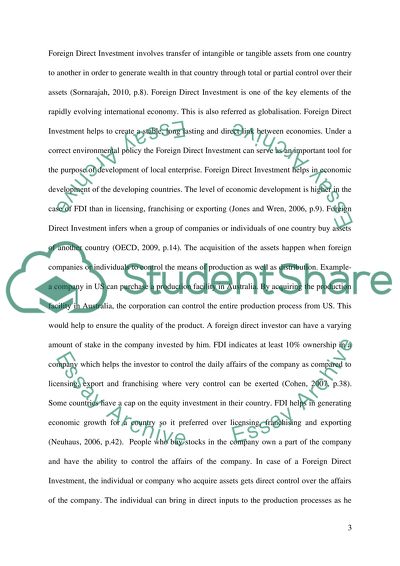Cite this document
(“Globalisation Essay Example | Topics and Well Written Essays - 1500 words”, n.d.)
Globalisation Essay Example | Topics and Well Written Essays - 1500 words. Retrieved from https://studentshare.org/other/1399866-globalisation
Globalisation Essay Example | Topics and Well Written Essays - 1500 words. Retrieved from https://studentshare.org/other/1399866-globalisation
(Globalisation Essay Example | Topics and Well Written Essays - 1500 Words)
Globalisation Essay Example | Topics and Well Written Essays - 1500 Words. https://studentshare.org/other/1399866-globalisation.
Globalisation Essay Example | Topics and Well Written Essays - 1500 Words. https://studentshare.org/other/1399866-globalisation.
“Globalisation Essay Example | Topics and Well Written Essays - 1500 Words”, n.d. https://studentshare.org/other/1399866-globalisation.


